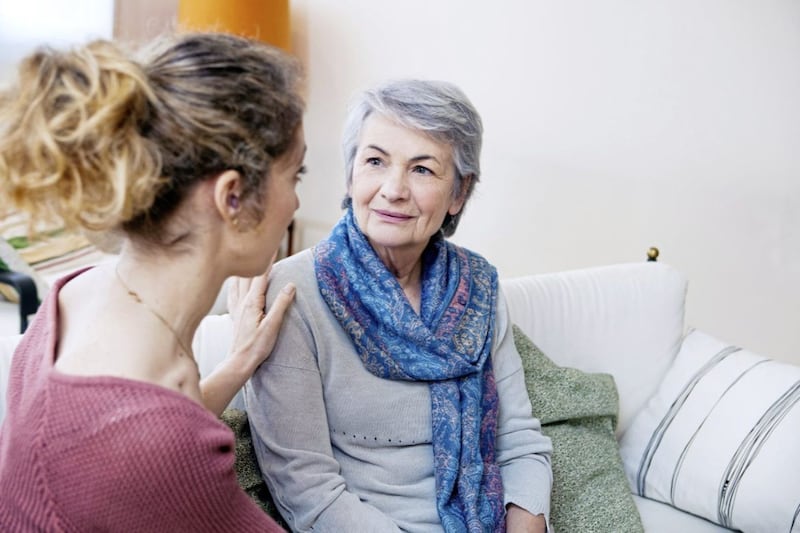
WHILE the roll out of Covid-19 vaccinations has given us hope that we may be able to spend the summer visiting loved ones, some people are still hesitant to sign up. So how can you reassure a reluctant family member or friend?
Listen first
"Don't jump to conclusions - and certainly don't jump to judgment," says Priory psychiatrist Dr Paul McLaren.
"There are many possible reasons for reluctance - from a lack of understanding, to needle phobia, to disturbed thinking through illness.
"Show a loved one that you are really interested in their position by gentle questioning.
"Make sure they know you have heard their concerns, before challenging or presenting contrary evidence."
Open the conversation strategically
"Vaccinations can be a really sensitive subject, so think about how you're going to start the conversation," says Harley Street therapist Karl Rollison, who has written a book linked to the topic, The Needle Phobia Handbook.
"There's no real hard and fast guidelines of how to get through to someone, but you will know your partner, friend or family member best.
"Some people need fears challenged, while others will respond better to a non-aggressive tone; employ the strategy you think will be most effective."
Get to the heart of the issue
"Before you can start to chat about the issue, you need to understand what it actually is," reminds Rollison.
"Are they worried about conspiracies - or could they be trypanophobic (scared of needles) or heamophobic (scared of drawing blood)?"
If someone has a phobia, Rollison says you can point them in the direction of therapy and strategies that can help them overcome the issue.
If they're worried about conspiracies meanwhile, you could share some information from trusted news sources that debunk vaccine myths.

Talk about other family members' feelings
"It's always good to bear in mind that vaccination is a personal choice," says Rollison.
"However strongly you might feel, everyone has the right to choose what they feel is best for their health.
"That said, it's important to remind a family member that their decision doesn't just affect them - if you live together, then it has an impact on the whole family unit and could be the reason for someone getting ill."
Avoid overloading them with facts and statistics
"If someone is resistant, throwing lots of statistics and facts at them probably isn't going to help, because they've likely already done their own research and come to their own conclusions," says Rollison.
You could always follow up the conversation with some links to science-backed articles that you think might reassure them, which they can digest in their own time.
Connect it back to real life
"Remind your friend or family member that getting the jab is for the greater good of themselves, by talking about some of the potential consequences of staying unvaccinated," says Rollison.
"You could use some non-aggressive phrases like: 'I respect your decision, but not taking the vaccine means we can't visit Aunt Ethel this summer, which I know is important to you.'
"We're still understanding exactly what having the vaccine will mean for everyone, but talking about some of the ways it could affect day-to-day life - like limiting travel - could be helpful in changing their mind."






